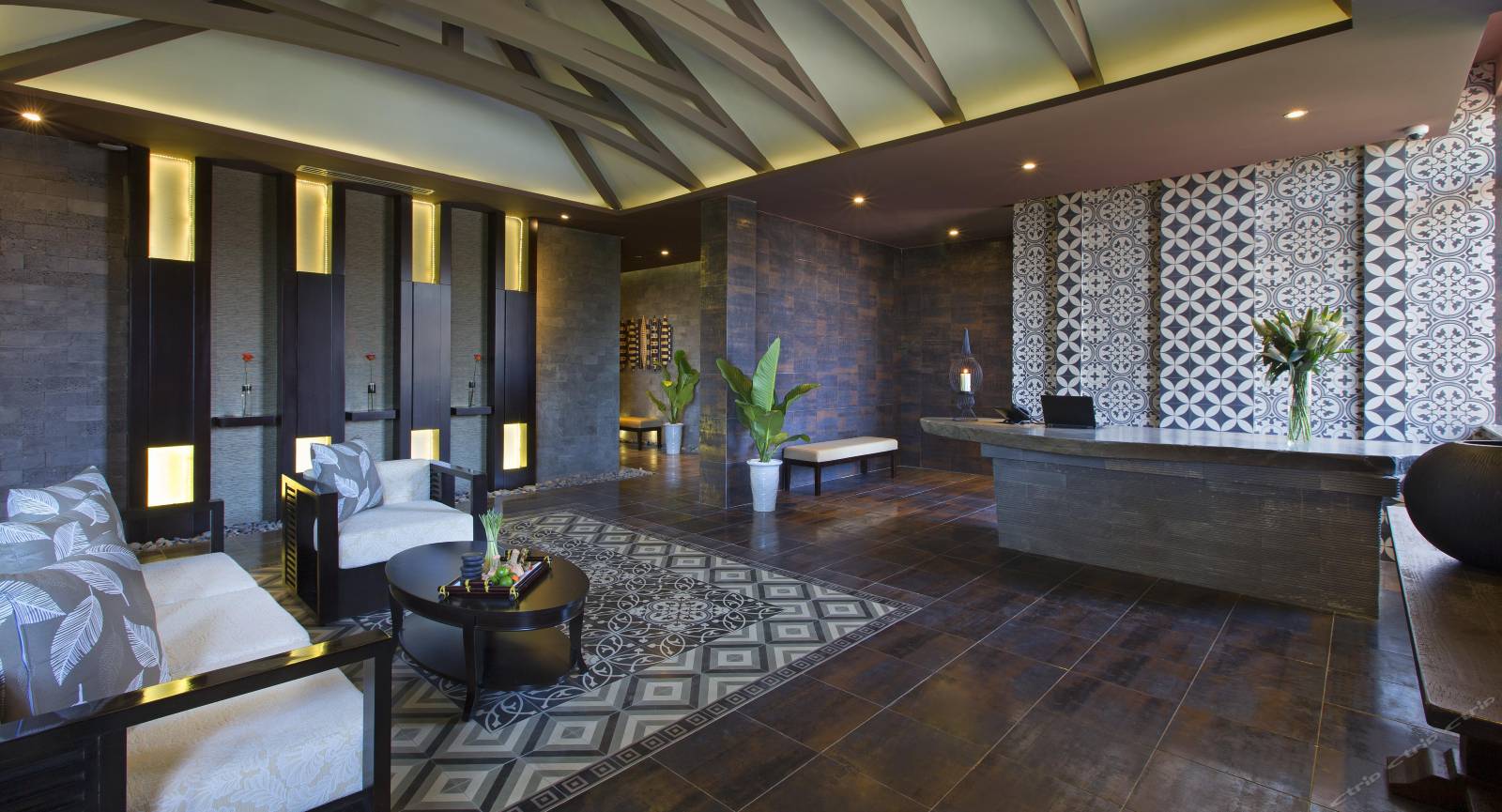
It is thus the very place rather than any other famous destinations like Phu Quoc Island or Nha Trang that the German tourism group has chosen to debut its first hotel, the TUI Blue Nam Hoi An, in Vietnam, according to TUI Hotels and Resorts managing director Thomas Pietzka.
“The concept of TUI Blue brand is made for travellers who are interested in the local culture and nature. Hoi An offers ideal conditions for guests wishing to combine their stay with authentic experiences in Vietnam and provides best accessibility via an international airport and features several UNESCO World Heritage Sites,” he told theLeader.
“With the future TUI Blue Nam Hoi An, we are very confident that we have chosen a promising project to enter the market.”

Vietnam, according to the group, is one of a few chosen Asian destinations for TUI Group’s hotels. Its current portfolio now comprises six own hotels in the region, including three Robinson Clubs in the Maldives and in Thailand and three Riu hotels in Sri Lanka and the Maldives. The group also operates three concept hotels in Asia.
Pietzka stressed that the country’s appeal as a holiday destination is not only confined to TUI customers from established source markets like Germany, the UK and Sweden, but also in many Asian countries, thanks to a growing middle class that has discovered the joys of travel.
Hence, the region has great potential to attract new target groups, he added.
The advantage of the TUI Blue brand, meanwhile, comes down to the technology that will make it stand out from other hospitality brands. The BLUE App offers its guests an up-to-date overview of all activities available to them. They include the digital service assistant to book excursions, reserve sports courses or register for one of the comprehensive edutainment offerings. Further individual services will additionally be on their way to please guests, such as ‘Select Your Room’ function.
The joint venture between TUI Group and Thien Minh Group in this case will mutually benefit one another as they both bring to the table their local and international experience and expertise in tourism and hospitality. In addition, the knowledge of each market and customer preference will also add value to the cooperation, subsequently supporting their market expansion and business operation.


















